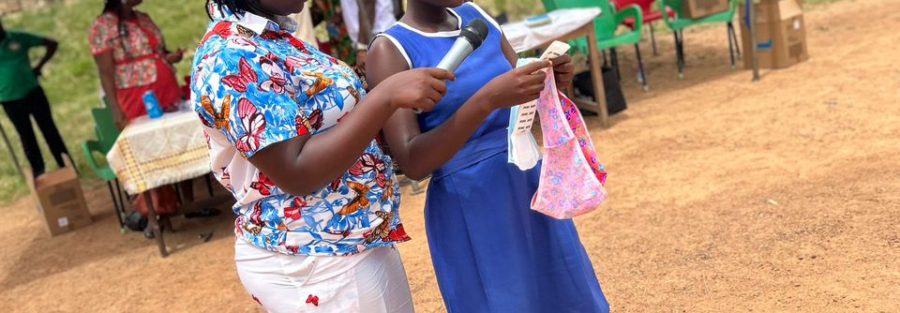Every year on May 28, the global community unites to observe Menstrual Hygiene Day (MH Day) – a pivotal moment to challenge period stigma, promote menstrual health, and uphold the dignity and rights of everyone who menstruates.
For the second consecutive year, the theme “Together for a #PeriodFriendlyWorld” leads the charge. Departing from the tradition of annual thematic changes, the MH Day movement has embraced this long-term mission to underscore the urgency of sustained, collective action. This unified message serves as a rallying cry for governments, civil society, and grassroots organizations to dismantle menstrual inequities and create lasting change.
A single day – or even a single year – of awareness is not enough to dismantle centuries of silence, stigma, and structural inequality. By championing a consistent, long-term theme, MH Day empowers global actors to synchronize efforts, strengthen advocacy, and amplify impact toward a shared vision: a world where menstruation is normalized, supported, and never a barrier to dignity or opportunity.
What Does a #PeriodFriendlyWorld Look Like?
In a #PeriodFriendlyWorld, menstruation is not a source of shame or exclusion, but a natural part of life that is understood, respected, and supported. It is a world where comprehensive menstrual education is available to people of all ages and genders, empowering everyone with accurate information and helping to break the silence around periods. In this world, high-quality and affordable menstrual products are readily available in every community, ensuring that no one has to miss school or work because they cannot afford the essential supplies they need.
Sanitation facilities are clean, safe, and private, not just in homes, but in schools, workplaces, and public areas—spaces where menstruators can manage their periods with dignity. Health systems are fully equipped and sensitized to provide respectful and informed care, recognizing menstrual health as a vital component of overall well-being. Harmful myths, cultural taboos, and stigma are challenged openly and consistently, with communities embracing open conversations about menstruation as part of normal life.
A period-friendly world is also one where inclusion matters—people with disabilities, those in humanitarian crises, and gender-diverse individuals have tailored support that meets their unique needs. Workplaces and schools adopt policies that acknowledge and support menstruation, including flexible leave and access to rest areas. And importantly, men and boys are engaged as allies, learning about menstruation and contributing to a culture of understanding and support.
Even menstrual waste is treated with care – eco-friendly disposal systems are in place, allowing for safe, sustainable management of menstrual products without environmental harm or social discomfort.
The Bigger Picture: Menstrual Health as a Human Rights Issue
The United Nations Population Fund (UNFPA) emphasizes that menstrual health is not merely a hygiene concern – it is a matter of human dignity, public health, and gender equity. Menstrual health is directly tied to several Sustainable Development Goals (SDGs), including SDG 3 (Good health and well-being), SDG 4 (Quality education), SDG 5 (Gender equality), SDG 6 (Clean water and sanitation), and SDG 10 (Reduced inequalities).
Globally, over 500 million people lack access to adequate menstrual products and sanitation facilities. The consequences are serious: missed school, fewer economic opportunities, and a higher risk of infections and stigma. Addressing menstrual health is not just a gender issue—it’s a societal and developmental imperative.
The Role of ARHR in Advancing Menstrual Justice
ARHR recognizes that menstrual justice is inextricably linked to health equity and reproductive rights. We work alongside communities, young people, educators, and policymakers to ensure that menstruation never becomes a barrier to education, participation, or well-being. Our ongoing initiatives include:
- Community education and sensitization campaigns to break period stigma
- Youth-led advocacy for policy change and inclusive curricula
- Partnerships with schools and health facilities to promote menstrual health education
- Engagement with policymakers to push for menstrual health to be prioritized in national health strategies
Call to Action: Together for a #PeriodFriendlyWorld
Creating a #PeriodFriendlyWorld starts with each of us. On Menstrual Hygiene Day 2025, we are called to take meaningful action by educating ourselves and others about menstrual health, amplifying the voices of those advocating for period dignity, and supporting organizations working on menstrual equity through donations or volunteer efforts. It also means holding leaders accountable for investing in menstrual health and speaking openly about menstruation to challenge stigma. Together, these actions can help create a world where menstruation is no longer a barrier to education, opportunity, or dignity.
Let’s make a #PeriodFriendlyWorld a reality—not just on May 28th, but every day.



